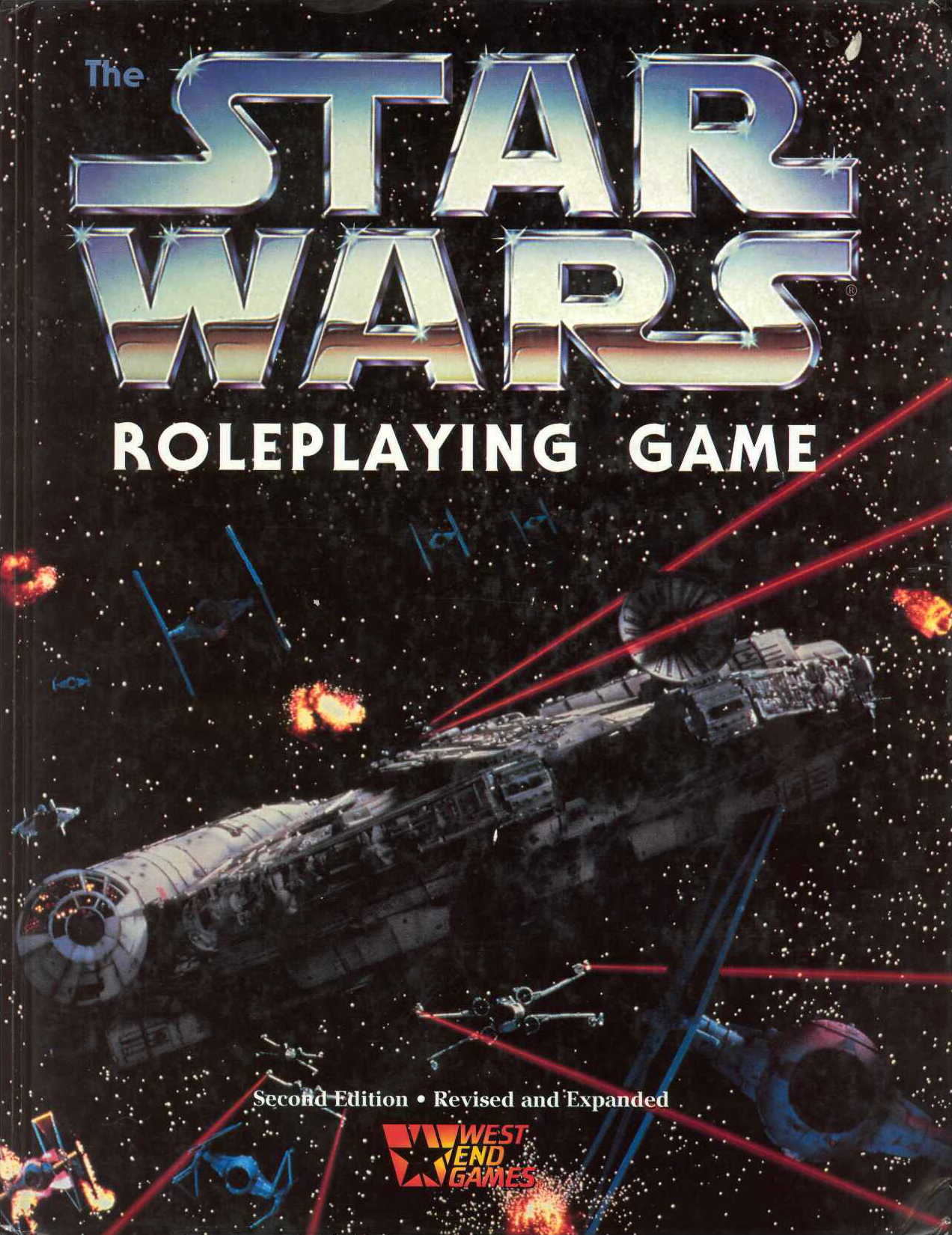What Role Playing Games are

Definition in short
A role-playing game is a game in which players assume the roles of characters in a fictional setting. Players take responsibility for acting out these roles within a narrative, either through literal acting or through a process of structured decision-making or character development.
Roleplaying Games (or RPG's for short) are very much like an improvised play. Each player has his or hers character (which can be very different to who he or she really is), which he portrays in the game world.
What is the difference between RPGs and other games
Both authors and major publishers of tabletop role-playing games consider them to be a form of interactive and collaborative storytelling. Events, characters, and narrative structure give a sense of a narrative experience, and the game need not have a strongly-defined storyline. Interactivity is the crucial difference between role-playing games and traditional fiction. Whereas a viewer of a television show is a passive observer, a player in a role-playing game makes choices that affect the story. Such role-playing games extend an older tradition of storytelling games where a small party of friends collaborate to create a story.

The Dungeon Master
One player, in fact, does not play a character. This player is called the Game Master (GM for short) or Dungeon Master (DM). He is in charge of playing the rest of the world - all the people and creatures the player characters encounter, and to describe the world and the environment itself. The DM is also the arbitrator of whether or not certain actions succeeded. If a player decides to raise his sword and attack an ogre, the DM is the one the decides (with the help of the game rules and some dice, usually) if he hit the ogre or not, and what effect did that blow have on the poor ogre.The role of the dice
A difference between Roleplaying Games and other types of games which a lot people find hard to grasp is the complete lack of a board, a computer screen or any other way of comprehending the game. The game goes on inside the players minds, played only with their imagination.
However, a roleplaying game does have some aids to the players imagination. Most roleplaying games have a rule book (or several) which lay done the rules of the world. These rules determine what the player characters can and cannot do, and how to check if they succeeded in doing so. Some games use dice of all forms and shapes to provide an aspect of randomness to the game (after all, even the mightiest warrior misses sometimes).
However, a roleplaying game does have some aids to the players imagination. Most roleplaying games have a rule book (or several) which lay done the rules of the world. These rules determine what the player characters can and cannot do, and how to check if they succeeded in doing so. Some games use dice of all forms and shapes to provide an aspect of randomness to the game (after all, even the mightiest warrior misses sometimes).
The ending of a play
In every other type of game, be it a card game, a strategy game, a board game or a ball game, there is always an objective. There will always be a winner and a loser, and the game is played in order to win. In solitaire you need to clear the board of all the cards. In chess you need capture your opponents king. In monopoly you need to accumulate the most money, and leave the other players broke. In soccer you need to score more goals than your opponent.
Roleplaying games are different. In roleplaying games, there is no final objective. There are no winners and losers. The only objective the game has is to be creative and to have some fun. Sure, there could be small objectives (or quests) on the way - the characters might need to save a princess from an evil warlock or slay a dragon menacing the village. But even if they do not succeed in doing so, they didn't "lose" the game. As long as they (the players, not the characters) enjoyed the game, they have fulfilled its objective.
Here are some some rule books you can download to learn more and set up your own games:


